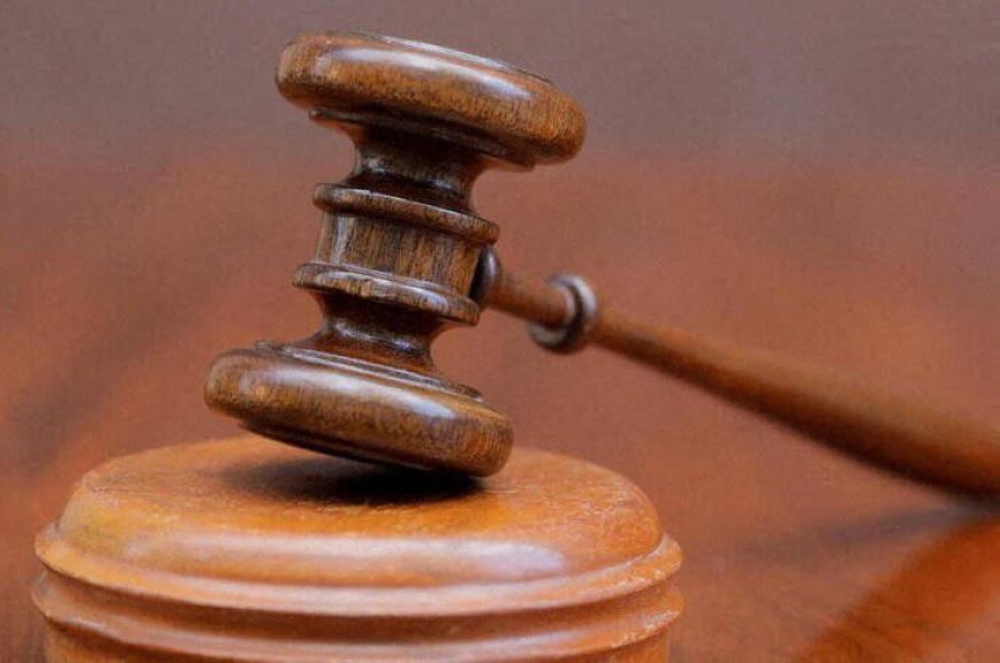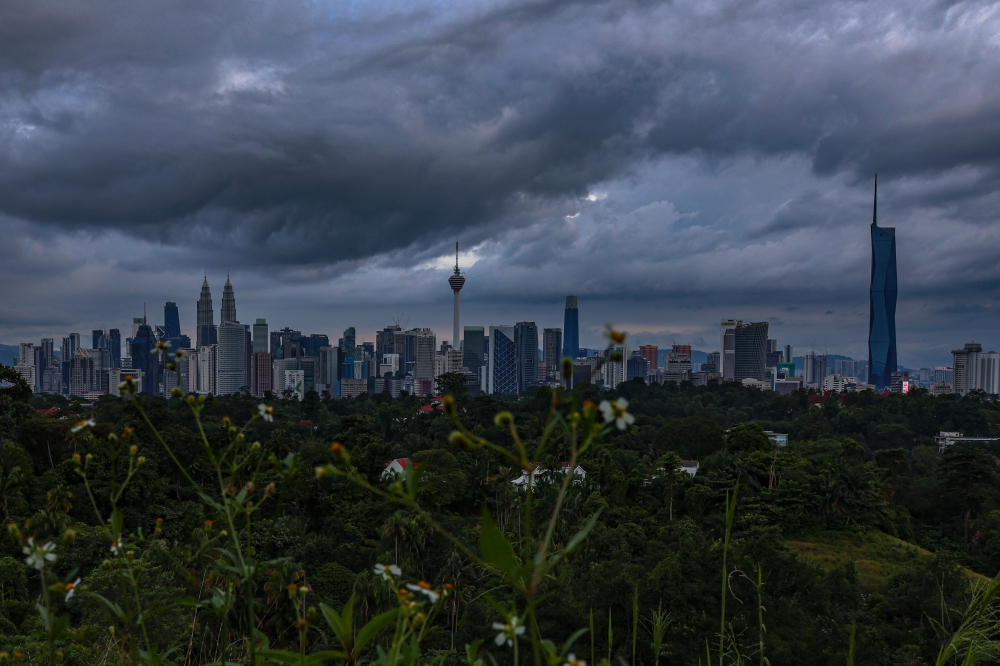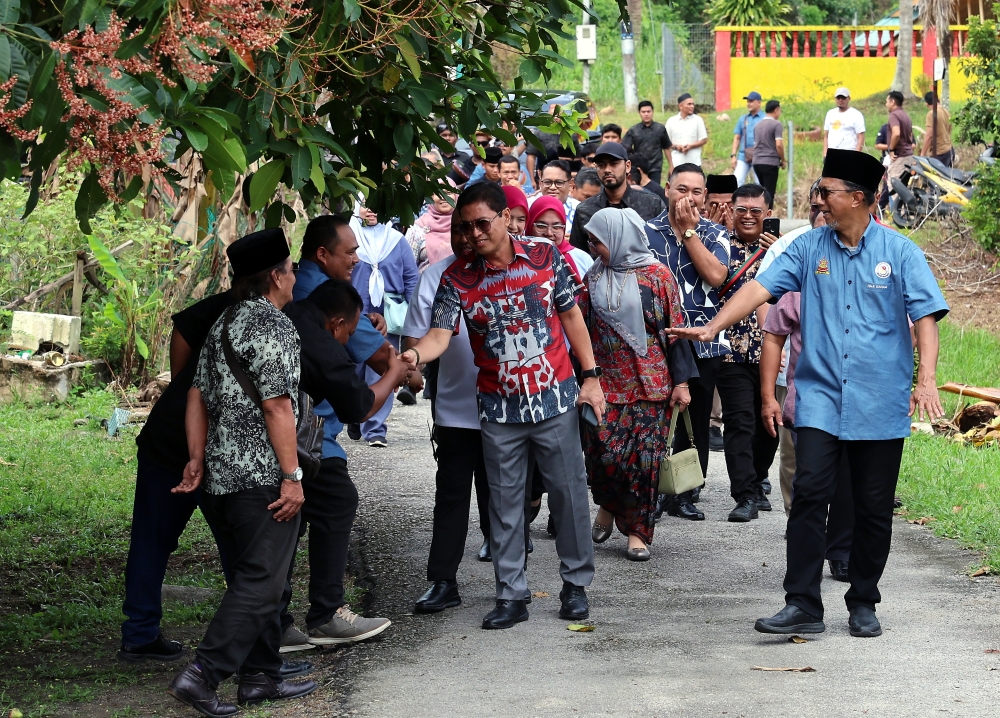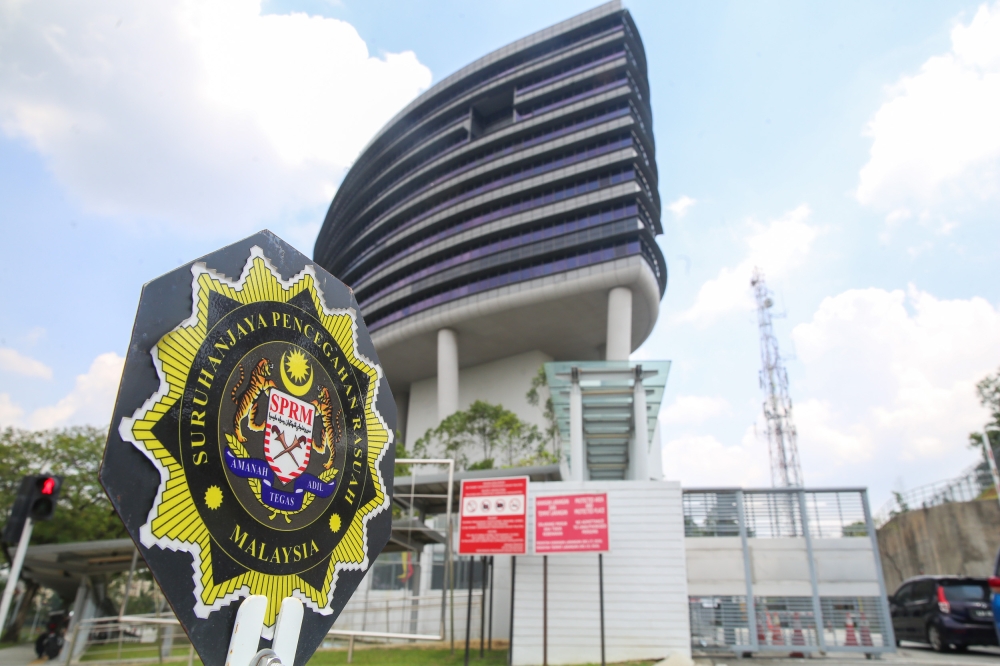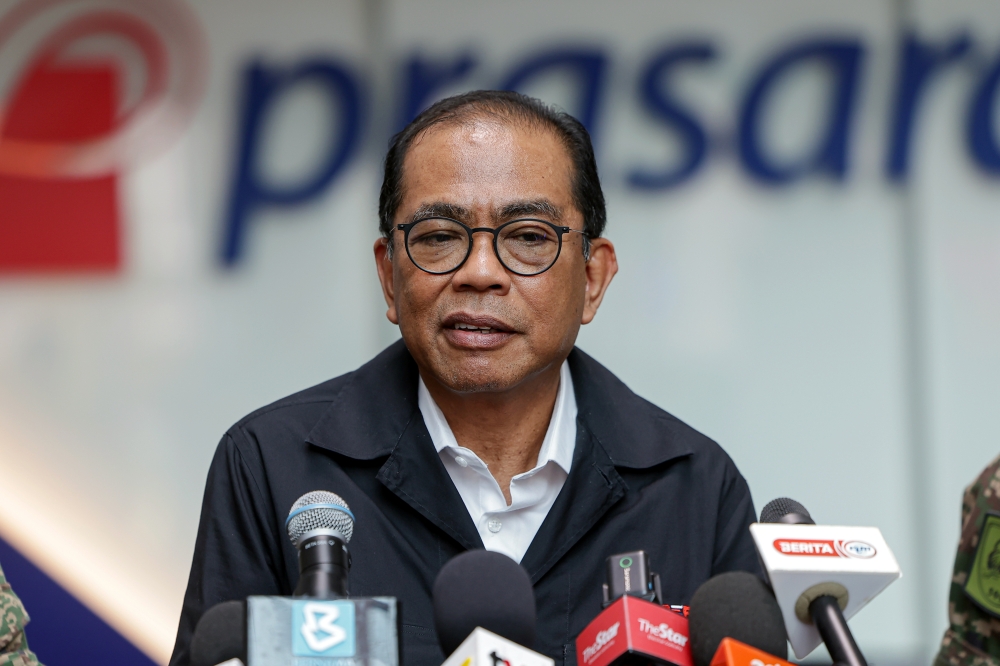PUTRAJAYA, March 11 — Prime Minister Tan Sri Muhyiddin Yassin has snubbed calls for snap polls, saying he would rather lead the new government until the next general election, as questions remain over the legitimacy of Perikatan Nasional (PN) rule.
Muhyiddin appealed today for voters to give his administration a chance, asserting that the Cabinet he picked will strive to give its best, even as critics are sceptical that a predominantly Malay line-up can give fair representation.
“I don’t want snap elections,” he said during a press conference here.
"This government is for the people and it will work for the people,” he said during a press conference here.
Muhyiddin has already delayed Monday’s scheduled Dewan Rakyat sitting to May 18, in a move seen as a bid to block the Opposition from tabling a motion of no-confidence against him.
Pakatan Harapan (PH) MPs have alleged the Bersatu chairman did not muster enough nominations to be appointed as prime minister, suggesting he had misled the Yang di-Pertuan Agong.
Muhyiddin has insisted otherwise.
“If not, I wouldn’t be here,” he said with a smile when asked if he was willing to reveal the names of all the MPs who had nominated him.
But earlier today, a member of his Cabinet, Umno secretary-general Tan Sri Annuar Musa, posted a cryptic message on Twitter calling for snap elections.
The posting was made just hours before the prime minister was to chair his first Cabinet meeting here today, fuelling speculation of division within Muhyiddin’s Cabinet.
Umno and PAS said prior to the formation of PN, that fresh elections were the best way to resolve the political crisis that followed several defections and Tun Dr Mahathir Mohamad’s resignation as prime minister, only to reverse their assertion later.
Muhyiddin’s party Bersatu now leads PN alongside Umno, PAS, MCA and MIC, with the support of 18 MPs from Sarawak.
The Bersatu president confirmed today that PKR defectors Datuk Seri Mohamed Azmin Ali and 10 others have joined his party, making its total federal seat tally 36.






